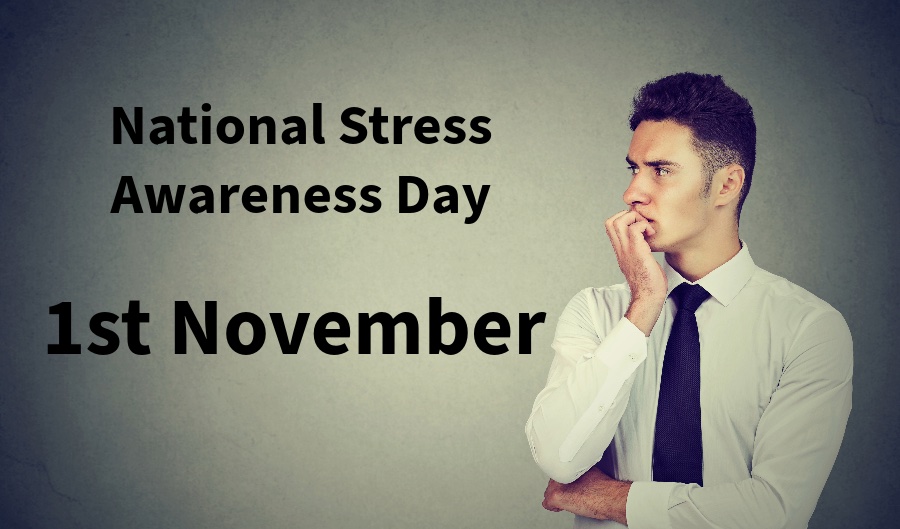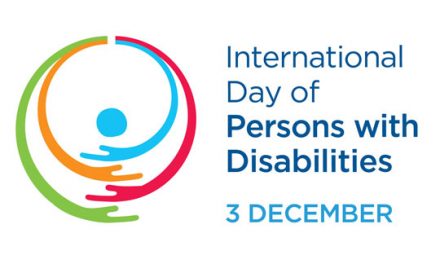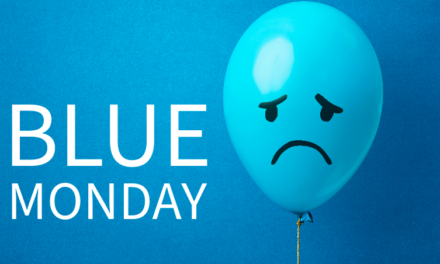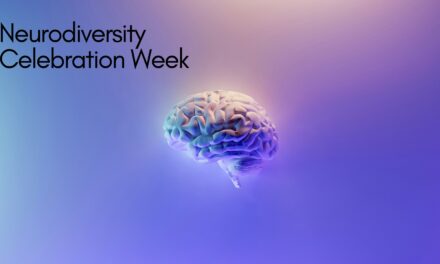National Stress Awareness Day is on the 1st November with the goal of increasing awareness about stress, its causes, and strategies to manage and reduce it. It is an opportunity to promote mental well-being and provide information and resources to help people cope with stress in their daily lives.
The importance of National Stress Awareness Day lies in its role in recognising the prevalence of stress in modern life and encouraging individuals and communities to prioritise self-care and stress reduction techniques. It serves as a reminder to take steps to manage stress effectively and seek help when needed to maintain mental and emotional well-being.
Tips for organisations supporting staff with workplace stress
- Promote Work-Life Balance: Encourage employees to maintain a healthy work-life balance. Set clear expectations for working hours and make sure employees have the time and space to relax and recharge outside of work. Avoid sending work-related emails or messages during non-working hours to respect personal time.
- Provide Mental Health Resources: Offer access to mental health resources, such as Employee Assistance Programs (EAPs) or counselling services. These services can provide employees with professional support and guidance when dealing with stress, anxiety, or other mental health issues.
- Stress Reduction Programs: Implement stress reduction programs or workshops within the organisation. These can include mindfulness and meditation sessions, yoga classes, or stress management seminars. Encouraging employees to participate can be beneficial for their mental well-being.
- Open Communication Channels: Foster a culture of open communication where employees feel comfortable discussing their stressors and concerns. Encourage managers to have regular one-on-one meetings with their team members to check on their well-being and address any issues or challenges they may be facing.
- Workload Management: Ensure that workloads are manageable and that employees are not overwhelmed with excessive tasks. Consider workload distribution, and when necessary, provide additional resources or staff to assist in managing the workload. Empower employees to say no when they are stretched too thin.
Workplace Wellbeing Professional & Stress
Workplace Wellbeing Professional understands the substantial impact that both short-term and chronic stress can have on employees physical and mental health. Therefore, we frequently publish helpful and insightful information so employers can better understand employee needs and experiences.
See below recent news stories (with many more to be found under ‘stress’ or ‘burnout’ in the Topic Index):
- When Success Comes at a Price…The Dark Side of High-Paying Careers
- Female Employees Most Likely to be Suffering From Financial Stress
- Stress is Affecting Employees Eye Health and Vision!
Here are some recent exclusive feature articles submitted by healthcare experts (with many more to be found under ‘stress’ or ‘burnout’ in the Topic Index):
- Tom Kiddle: Burnout to Breakthrough – Tackling Workplace Stress
- Amy Bailey: How can Managers Prevent Burnout Amongst Their Staff?
- Claire Williams: The Mental State of the Nation and the Workplace
Additional Resources
Organisations across the UK and beyond are getting involved this Stress Awareness Day to crack down on burnout and help make a different to our workforce. To help further your reading, or for additional resources, take a look at the links below:
- The Stress Management Society provides a number of resources such as ‘Taking you from Distress to De-stress’ and even a ‘Free Stress Test’, find out more here: https://www.stress.org.uk/free-resources/
- Mental Health UK provides some great tips for combatting stress: https://mentalhealth-uk.org/blog/8-stress-awareness-day-activities/ including a host of other valuable information for supporting mental health and wellbeing https://mentalhealth-uk.org/help-and-information/
- Mind UK provides a huge about of free resources, including the signs and symptoms of stress, how to manage it, treatment and useful contacts: https://www.mind.org.uk/information-support/types-of-mental-health-problems/stress/what-is-stress/
Don’t Forget…
Workplace Wellbeing Professional has it’s own comprehensive guide for leaders and managers to recognising and combatting workplace stress, take a look here:
Joanne is the editor for Workplace Wellbeing Professional and has a keen interest in promoting the safety and wellbeing of the global workforce. After earning a bachelor's degree in English literature and media studies, she taught English in China and Vietnam for two years. Before joining Work Well Pro, Joanne worked as a marketing coordinator for luxury property, where her responsibilities included blog writing, photography, and video creation.











